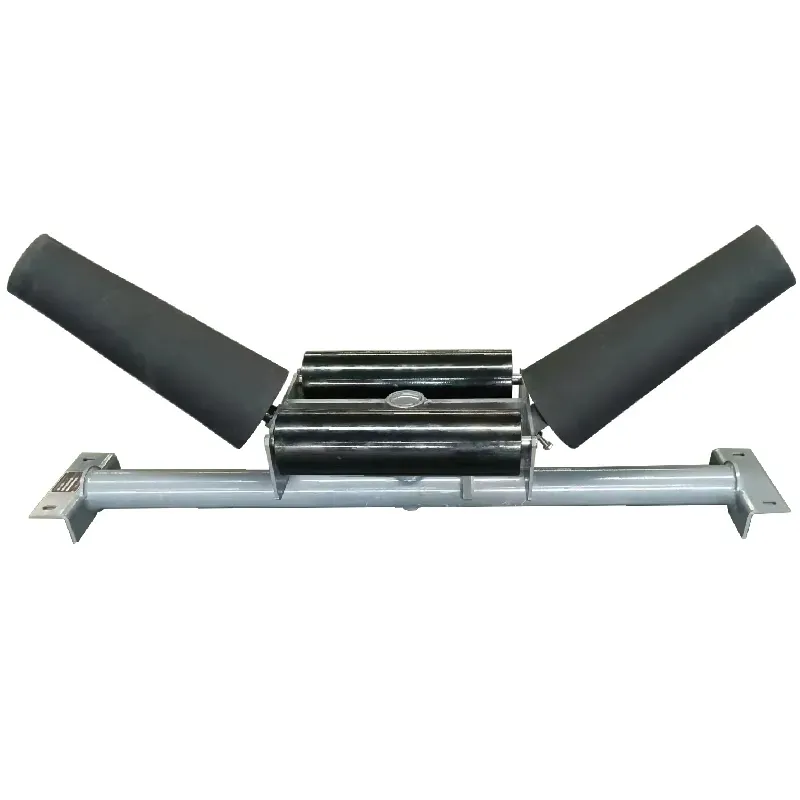 Afrikaans
Afrikaans  Albanian
Albanian  Amharic
Amharic  Arabic
Arabic  Armenian
Armenian  Azerbaijani
Azerbaijani  Basque
Basque  Belarusian
Belarusian  Bengali
Bengali  Bosnian
Bosnian  Bulgarian
Bulgarian  Catalan
Catalan  Cebuano
Cebuano  Corsican
Corsican  Croatian
Croatian  Czech
Czech  Danish
Danish  Dutch
Dutch  English
English  Esperanto
Esperanto  Estonian
Estonian  Finnish
Finnish  French
French  Frisian
Frisian  Galician
Galician  Georgian
Georgian  German
German  Greek
Greek  Gujarati
Gujarati  Haitian Creole
Haitian Creole  hausa
hausa  hawaiian
hawaiian  Hebrew
Hebrew  Hindi
Hindi  Miao
Miao  Hungarian
Hungarian  Icelandic
Icelandic  igbo
igbo  Indonesian
Indonesian  irish
irish  Italian
Italian  Japanese
Japanese  Javanese
Javanese  Kannada
Kannada  kazakh
kazakh  Khmer
Khmer  Rwandese
Rwandese  Korean
Korean  Kurdish
Kurdish  Kyrgyz
Kyrgyz  Lao
Lao  Latin
Latin  Latvian
Latvian  Lithuanian
Lithuanian  Luxembourgish
Luxembourgish  Macedonian
Macedonian  Malgashi
Malgashi  Malay
Malay  Malayalam
Malayalam  Maltese
Maltese  Maori
Maori  Marathi
Marathi  Mongolian
Mongolian  Myanmar
Myanmar  Nepali
Nepali  Norwegian
Norwegian  Norwegian
Norwegian  Occitan
Occitan  Pashto
Pashto  Persian
Persian  Polish
Polish  Portuguese
Portuguese  Punjabi
Punjabi  Romanian
Romanian  Russian
Russian  Samoan
Samoan  Scottish Gaelic
Scottish Gaelic  Serbian
Serbian  Sesotho
Sesotho  Shona
Shona  Sindhi
Sindhi  Sinhala
Sinhala  Slovak
Slovak  Slovenian
Slovenian  Somali
Somali  Spanish
Spanish  Sundanese
Sundanese  Swahili
Swahili  Swedish
Swedish  Tagalog
Tagalog  Tajik
Tajik  Tamil
Tamil  Tatar
Tatar  Telugu
Telugu  Thai
Thai  Turkish
Turkish  Turkmen
Turkmen  Ukrainian
Ukrainian  Urdu
Urdu  Uighur
Uighur  Uzbek
Uzbek  Vietnamese
Vietnamese  Welsh
Welsh  Bantu
Bantu  Yiddish
Yiddish  Yoruba
Yoruba  Zulu
Zulu industrial urethane rollers
Understanding Industrial Urethane Rollers Enhancements in Performance and Durability
In the realm of industrial manufacturing and processing, the importance of component selection cannot be overstated. Among the many components that play a critical role in various machinery applications, urethane rollers stand out due to their versatility, durability, and performance. This article delves into industrial urethane rollers, exploring their composition, benefits, applications, and maintenance considerations.
What Are Urethane Rollers?
Urethane rollers are cylindrical components made from polyurethane, a type of polymer known for its strength and elasticity. By combining different formulations of isocyanates and polyols, manufacturers can tailor the characteristics of urethane to suit specific applications, resulting in rollers that range from soft and flexible to hard and durable. This adaptability makes urethane rollers ideal for a wide variety of industrial applications, from material handling to printing to textiles.
Benefits of Urethane Rollers
1. Durability One of the most significant advantages of urethane rollers is their outstanding durability. Unlike rubber rollers that may degrade under harsh conditions, urethane rollers are resistant to wear, abrasion, and impacts. This property ensures a longer lifespan, resulting in lower replacement and maintenance costs over time.
2. Versatility Urethane can be formulated to achieve various hardness levels, allowing them to be used in diverse applications. Soft rollers can handle delicate materials without damaging them, while harder rollers are perfect for heavy-duty tasks. This versatility means that businesses can find a solution tailored perfectly to their needs.
3. Chemical Resistance Urethane exhibits excellent resistance to a wide range of chemicals, including oils, greases, and solvents. This characteristic makes urethane rollers suitable for industries where exposure to these substances is commonplace, such as automotive and food processing.
4. Grip and Traction Urethane rollers provide superior grip and traction compared to traditional rubber options. This feature is particularly beneficial in applications involving the transportation of materials, as it helps prevent slipping and ensures efficient movement.
5. Reduced Noise Many manufacturers value the noise-dampening qualities of urethane rollers. Their ability to absorb vibrations leads to quieter operations, creating a more pleasant working environment and reducing noise pollution.
Applications of Urethane Rollers
Urethane rollers find utility across a wide spectrum of industries. Some notable applications include
industrial urethane rollers

- Conveyor Systems Urethane rollers are extensively used in conveyor systems to transport goods efficiently
. Their durability and grip ensure smooth operations even under heavy loads.- Printing Presses In the printing sector, urethane rollers provide precise ink distribution and are less likely to damage delicate print substrates.
- Food Processing The food industry often employs urethane rollers because of their chemical resistance and ability to maintain hygiene standards, essential for food safety.
- Textile Manufacturing Urethane rollers are crucial in fabric handling, helping to guide and align materials without causing damage or distortion.
Maintenance Considerations
While urethane rollers offer many advantages, proper maintenance is vital to maximize their lifespan and performance. Here are some key maintenance tips
1. Regular Inspection Frequent inspections can help identify any wear or damage early on, allowing for timely repairs or replacements.
2. Cleanliness Keeping the rollers clean from debris and chemicals will prevent build-up that could impair their function. Using appropriate cleaning solutions ensures that the material remains unharmed.
3. Proper Alignment Ensuring that rollers are correctly aligned prevents uneven wear, extending their operational life and maintaining efficiency.
4. Lubrication Depending on the application, occasional lubrication may be necessary to reduce friction and wear, although this should be done carefully to avoid contaminating the material being processed.
Conclusion
Industrial urethane rollers represent an innovative solution for a wide array of manufacturing and processing challenges. Their durability, versatility, and performance advantages make them a preferred choice across various industries. By understanding their benefits and maintaining them effectively, businesses can enhance their operational efficiency and achieve long-term cost savings. Investing in quality urethane rollers will undoubtedly pay dividends in performance and reliability for many years to come.
-
Revolutionizing Conveyor Reliability with Advanced Rubber Lagging PulleysNewsJul.22,2025
-
Powering Precision and Durability with Expert Manufacturers of Conveyor ComponentsNewsJul.22,2025
-
Optimizing Conveyor Systems with Advanced Conveyor AccessoriesNewsJul.22,2025
-
Maximize Conveyor Efficiency with Quality Conveyor Idler PulleysNewsJul.22,2025
-
Future-Proof Your Conveyor System with High-Performance Polyurethane RollerNewsJul.22,2025
-
Driving Efficiency Forward with Quality Idlers and RollersNewsJul.22,2025





























